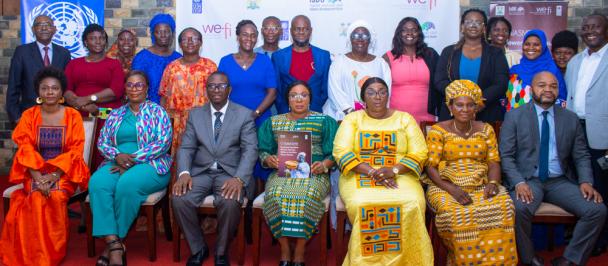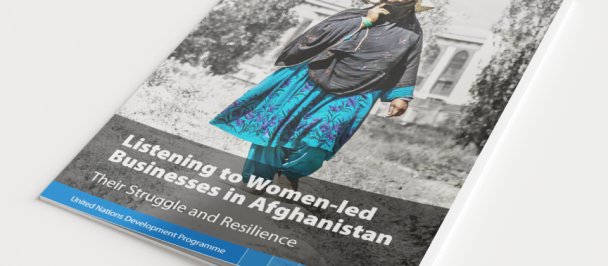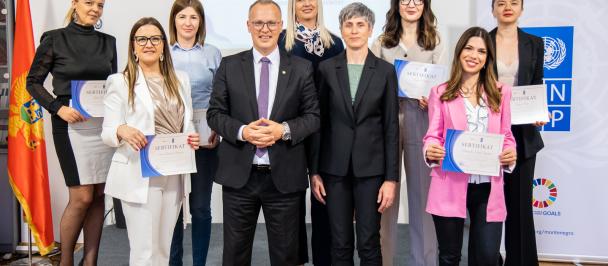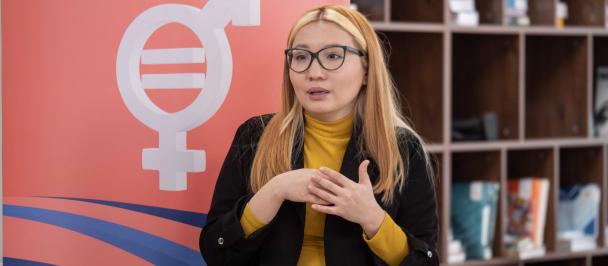The findings of the mapping and assessment will further support organizational efforts to ensure that legislative and policy frameworks on ending violence against women and girls are based on evidence.
UNDP Africa promotes the domestication and enforcement of human rights instruments and national action plans to end violence against women and girls in Africa
June 19, 2022
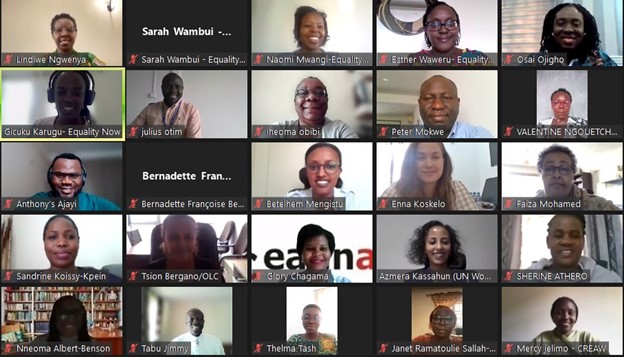
The findings of the mapping and assessment will further support organizational efforts to ensure that legislative and policy frameworks on ending violence against women and girls are based on evidence.
On Thursday 26 May 2022, UNDP, in partnership with Equality Now/Solidarity for African Women's Rights (SOAWR) and the African Union Commission (AUC), conducted a virtual regional workshop to validate a regional evidence-based mapping and assessment report on the status of domestication and enforcement of human rights instruments and development and implementation of national actions plans and financing on ending violence against women and girls (EVAWG) in Africa. More than 50 representatives of diverse stakeholders, such as the AUC, Member States, civil society organizations and United Nations agencies, participated in the workshop.
This regional evidence-based mapping and assessment exercise was undertaken under the framework of the Spotlight Initiative-Africa Regional Programme (SIARP). SIARP addresses regional bottlenecks and supports regional commitments toward EVAWG, including strengthening institutional capacities of regional partners, existing strategies and initiatives.
Using a real-world context, participants examined 18 case study country frameworks and implementation strategies to identify good practices and gaps in the application of global and regional instruments on EVAWG, while highlighting context-specific interventions on EVAWG, including child marriage, female genital mutilation and the promotion of sexual and reproductive health and rights.
The findings of the mapping and assessment will further support organizational efforts to ensure that legislative and policy frameworks on EVAWG (including gender-based violence, harmful practices, and sexual and reproductive health and rights) are based on evidence, in line with international human rights standards and are in place and translated into plans of action with effective accountability mechanisms.
To this end, the virtual validation workshop enabled diverse stakeholders to deeply discuss and evaluate the content of the report to ensure that it meets the standard requirements of such a study. It also provided an opportunity to discuss the way forward, particularly on the dissemination and implementation of the report’s recommendations by policymakers.
“The discussions enabled us to envision the next steps of the mapping and assessment report in terms of the use of the findings in informing and improving interventions to end violence against women and girls.” -- Cleopatra Phiri-Hurungo, Officer-in-Charge (OIC), Gender, UNDP Regional Service Centre for Africa
“Despite enormous challenges, we have seen the African Union take significant strides to provide strong foundations for the elimination of violence against women and girls by putting in place continental legal frameworks, policies and programmes that aim to safeguard women and girls from violence. But, continental aspirations and legal safeguards remain inaccessible to women and girls in Africa if governments do not translate them into national laws, national policies and concrete actions.” -- Faiza Mohammed, Director, Equality Now, Africa
“African Union Member States have made tremendous strides in developing and implementing legal, policy and institutional responses to end violence against women and girls. The mapping and assessment report will give a broader picture of the progress we have made and the road we still need to travel to ensure that we deliver on our Gender Equality and Women Empowerment Commitments.” -- Lindiwe Patience, Women, Gender and Youth Directorate, AUC
“The mapping and assessment report is produced at a very timely period where it can be used to inform several key aspects of the Spotlight Initiative Africa Regional Programme interventions. This is a critical moment as we are building on existing structures and frameworks, including the AUC Gender Strategy, gender observatory and several strategies on EVAWG, child marriage and female genital mutilation. The report can be used to improve programming and, most importantly, to inform interventions that aim to end violence against women and girls.” -- Julius Otim, Programme Coordinator, SIARP Programme Coordination Unit

 Locations
Locations